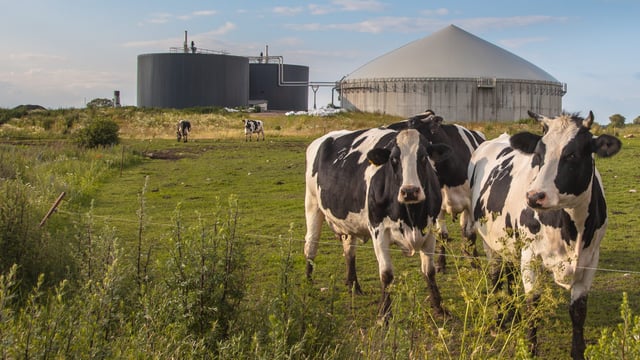What are the tax benefits of electric vehicles for farmers in NI?
A Co. Tyrone accountant has highlighted the specific and growing tax benefits of electric vehicles for farmers.
According to Omagh-based, Seamus McCaffrey, electric cars are becoming ever more accessible.
"The government is now offering several tax advantages for low emission vehicles. As a consequence, their popularity continues to grow," he told Agriland.
However, there are income tax and VAT consequences to be considered when purchasing a vehicle of this kind, he has advised.
“From an income tax point of view, the main element of the calculation applies a percentage to the carbon dioxide [CO2] emissions of the vehicle,” said McCaffrey.
“For cars registered after April 6, 2020, the 0% increase to 1% for 2021-22 and to 2% for 2022-23, HMRC [Revenue and Customs] has published a table for the percentage used in tax benefits depending on the carbon dioxide rating of the vehicle," he added.
McCaffrey went on to point out that the taxable benefit for having the private use of a zero-emission van was reduced to zero in April 2021.
“From April 2021, a zero-emission van is taxed at 0% of the benefit charge. As a result, there is no benefit-in-kind charge for an electric van regardless of use."
According to McCaffrey, the capital allowances’ rules are clear. For expenditure incurred before April 1, 2021, a 100% first year allowance was available for a new car which is an electrically propelled car, or which has lower CO2 emissions.
A car is deemed to have low CO2 emissions when these do not exceed 50g/km.
For expenditure incurred on, or after, April 1, 2021, the first year capital allowance is restricted to new electrically-propelled and zero emission cars.
Cars that do not qualify for a first year capital allowance as it is allocated to a pool by reference to an emissions threshold.
The UK emissions threshold is currently 50g/km for expenditure incurred on, or after, April 1, 2021.
Expenditure on a car within the emissions threshold is allocated to the main rate pool; 18% writing down allowance each year. Expenditure on a car exceeding the threshold is allocated to a special rate pool, 6% writing down allowance.
“Where the business installs new charging points for electric vehicles up to March 31, 2023, it can claim 100% for these costs," McCaffrey continued.
“In relation to VAT, HMRC has recently published a Revenue and Customs Brief that sets out its intention to review issues arising for business use.
“Where the car is charged at home, the supply will normally be subject to the reduced rate of 5%. When charging an electric vehicle at the workplace or public place, this will normally be standard rated.
“Once HMRC completes [its] review, there will be further updates published," he stated.





